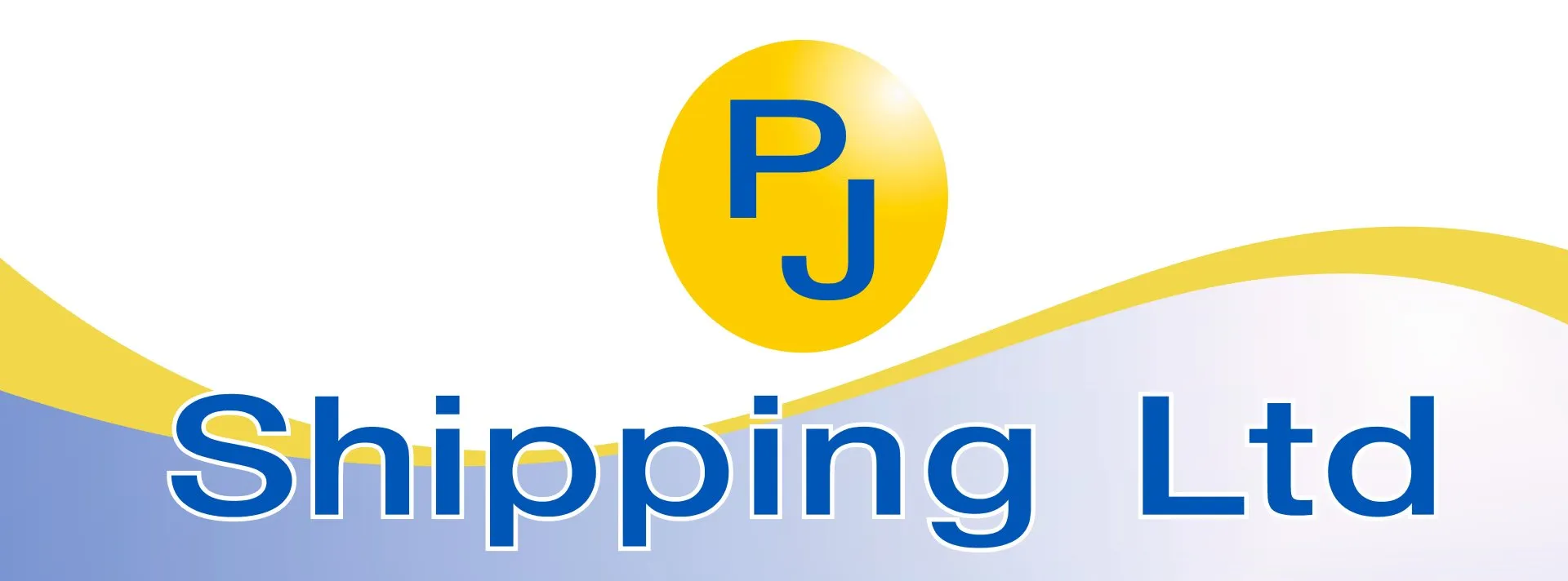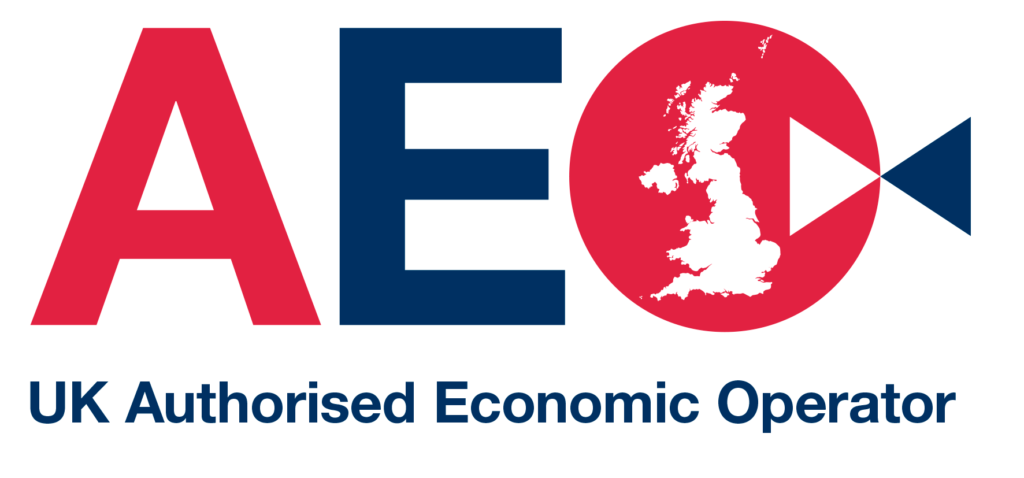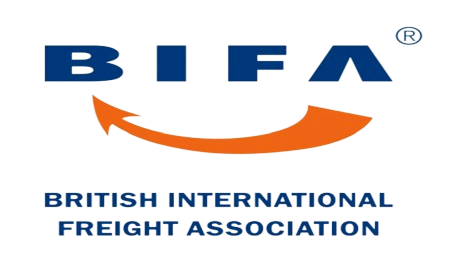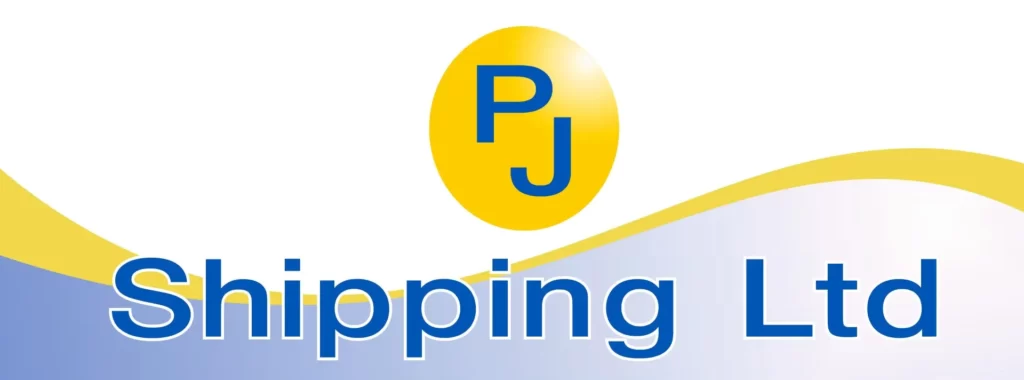The global timber industry, well-known for the farming, extraction, and processing of timber, plays a crucial role in the world economy.
As with any sector involved in international trade, understanding customs clearance is essential for businesses within the timber industry. Adhering to the specific regulations and requirements can significantly impact the efficiency and profitability of operations.
In this blog we will help clarify the key aspects of customs clearance in the timber industry, ensuring smooth and compliant international trade practices.
Understanding Customs Clearance
Customs Clearance is a mandatory process for the import and export of goods, including timber and timber products. This process is often managed by an experienced Customs Broker such as PJ Shipping. It often involves the preparation and submission of documentation required to facilitate exports or imports into the country. This is to ensure they adhere to the local customs authority’s regulations. We assess and collect duties and taxes while ensuring that our clients goods are compliant with all import and export laws.
Key Considerations for the Timber Industry
• Classification and Valuation: Timber and timber products must be correctly classified according to the respective Commodity Code. The correct classification code is crucial for determining the applicable tariffs, taxes, and compliance with trade agreements. Valuation of the timber, which impacts duty and taxes, must accurately reflect the transaction value.
• Regulatory Compliance: The timber industry is subject to stringent regulations aimed at preventing illegal logging and promoting sustainable forest management. Initiatives such as the European Union Timber Regulation (EUTR) impose specific compliance requirements for the import and export of timber.
• Documentation and Permits: A comprehensive set of documents is required for customs clearance, including commercial invoices, packing lists and certificates of origin. Additionally, depending on the type of timber or timber products, specific permits related to phytosanitary measures or CITES certificates may be necessary.
• Environmental and Health Regulations: The global push towards environmental sustainability has led to increased scrutiny of the timber trade. Compliance with phytosanitary regulations, aimed at preventing the spread of pests and diseases, is essential. This may involve treatments of the timber and certification from the exporting country’s relevant authority.
• Customs Brokerage: Due to the complexity of customs regulations and the potential for costly delays, many businesses in the timber industry rely on customs brokers. These professionals offer invaluable expertise in ensuring compliance, accurate classification, and valuation, as well as navigating the bureaucratic challenges of international trade.
Best Practices for Smooth Customs Clearance
At PJ Shipping, we strive to provide our customers with the best possible service. This includes ensuring our processes internally are compliant and we’re always up to date with the latest legislations and changes in processes.
We continue to:
Stay Informed: Regulations and requirements can change; staying updated with the latest trade agreements, regulatory updates, and compliance requirements is crucial.
Invest in Compliance: Our Internal Compliance Team ensure we adhere to due diligence practices to ensure the legality of the timber supply chain, mitigate risks and enhance reputation.
Leverage Technology: Utilising trade management software can streamline documentation, track shipments, and ensure accurate record-keeping for audits.
Build Relationships: Establish strong relationships with customs authorities to facilitate smoother clearance processes.
To summarise, Customs Clearance in the timber industry encompasses a range of considerations, from regulatory compliance and documentation to ethical and environmental commitments.
By adhering to these requirements, businesses can navigate the complexities of international trade, ensuring timely, compliant, and efficient operations. As the global focus on sustainability and legal trade practices intensifies, the ability to adeptly manage customs clearance processes will remain a critical component of success in the timber industry.
If you’d like to speak to one of our expert Customs Clearance team members, please contact us here.



